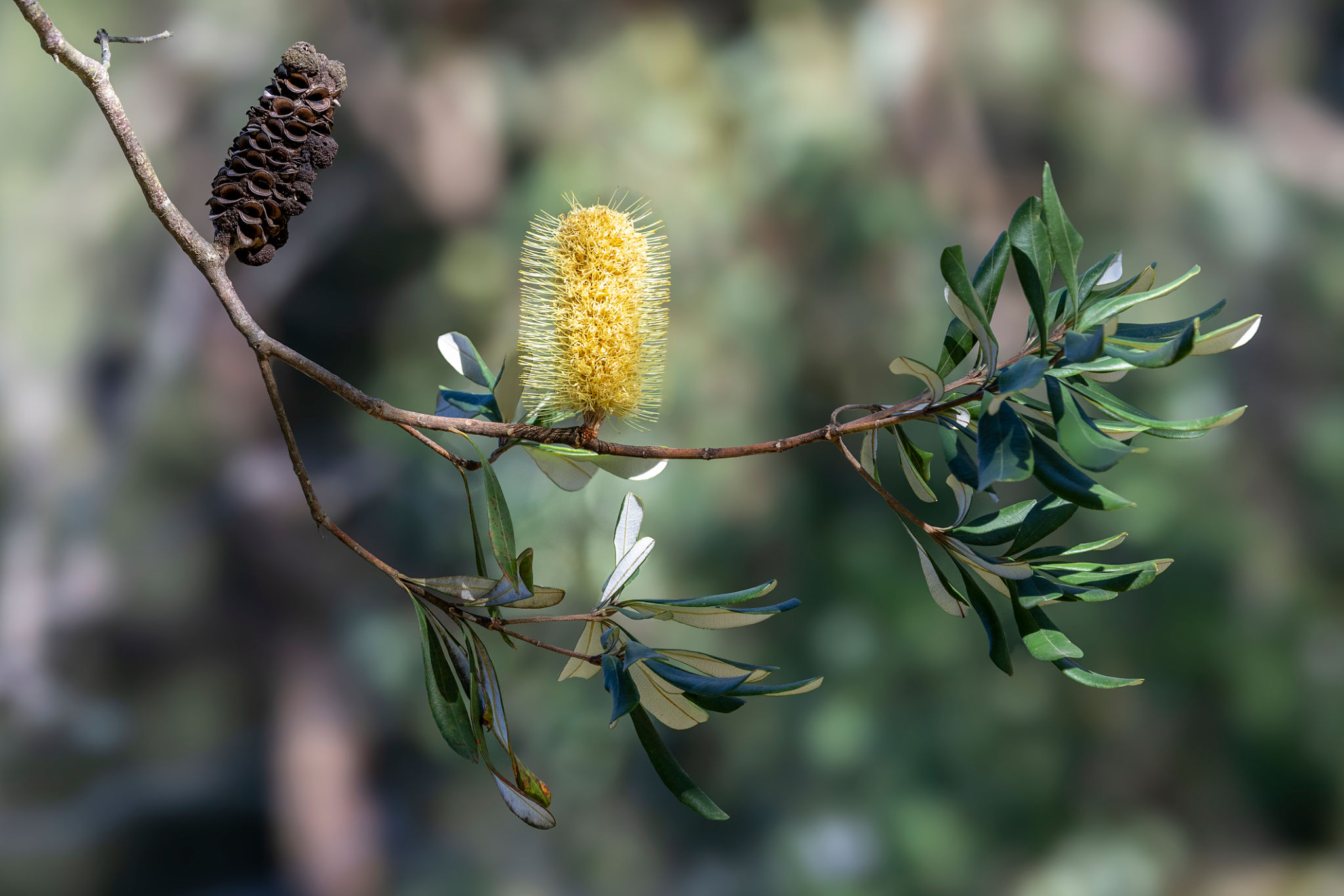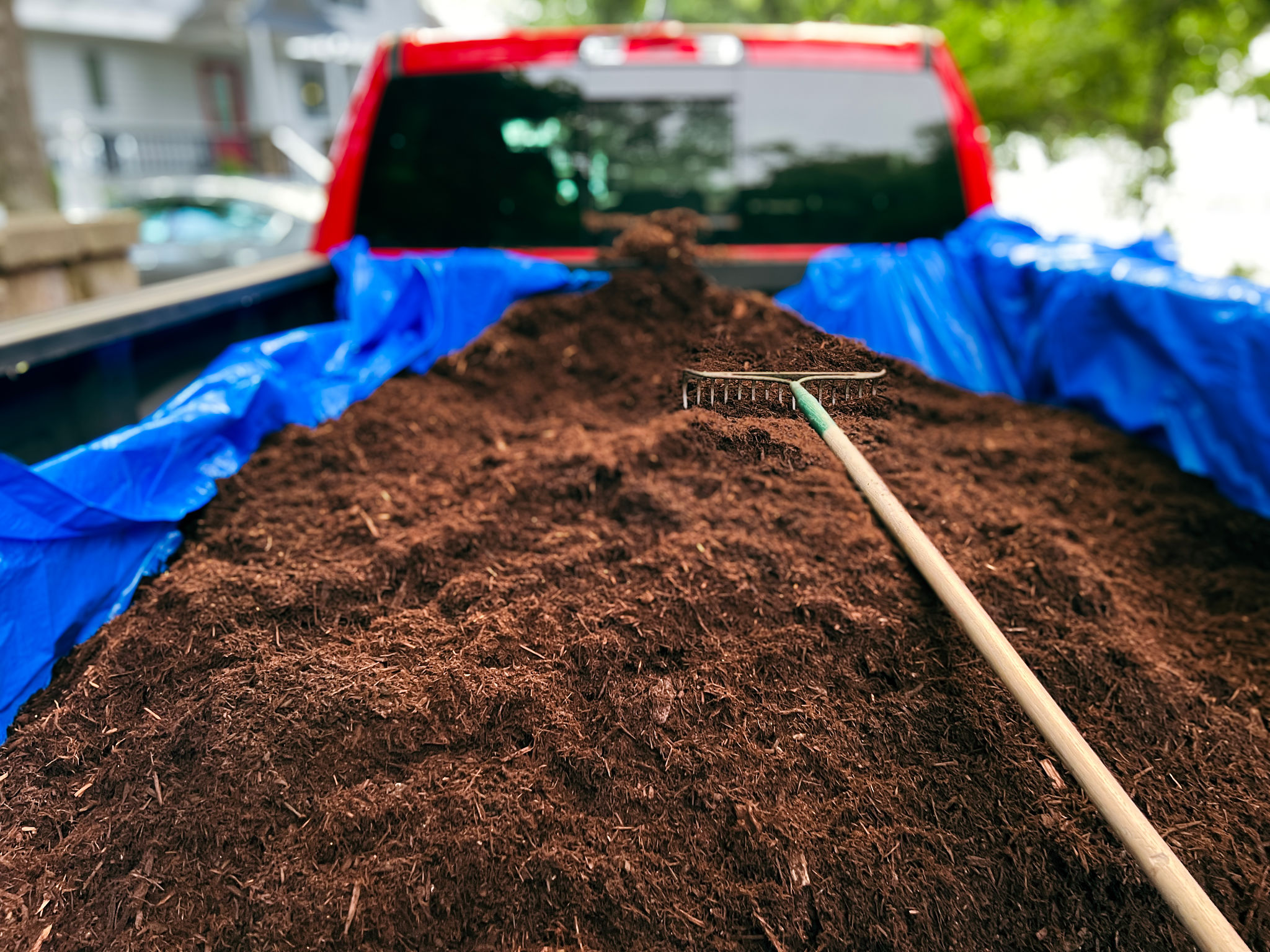Eco-Friendly Landscaping Solutions in Dayton, VA: A Veteran's Approach
Introduction to Eco-Friendly Landscaping
In recent years, the push towards sustainability has permeated every aspect of our lives, and landscaping is no exception. Eco-friendly landscaping not only enhances the beauty of your outdoor spaces but also contributes positively to the environment. In Dayton, VA, one veteran-owned business is leading the charge in implementing sustainable landscaping practices.

The Veteran's Perspective
Veterans bring a unique perspective to eco-friendly landscaping due to their discipline, attention to detail, and commitment to community service. These attributes are essential in creating landscapes that are not only beautiful but also sustainable. By integrating practices learned during military service, veterans are reinventing how we approach landscaping in Dayton.
Commitment to Native Plants
One of the core tenets of eco-friendly landscaping is the use of native plants. Native species are naturally adapted to local conditions, requiring less water, fertilizer, and pest control. Veterans in Dayton are utilizing their strategic planning skills to select and cultivate plants that thrive in Virginia's climate.

Water Conservation Techniques
Water conservation is a pivotal aspect of sustainable landscaping. Implementing irrigation systems that minimize waste is crucial. Veterans are employing innovative techniques such as drip irrigation and rainwater harvesting to ensure efficient water use. These methods not only conserve water but also reduce costs for homeowners.
Soil Health and Composting
Maintaining healthy soil is vital for any landscaper aiming for sustainability. Veterans focus on improving soil health through natural means, such as composting, which enriches the soil without harmful chemicals. By using organic matter to enhance soil structure and fertility, they create a robust foundation for plant growth.

Creating a Wildlife-Friendly Habitat
Another significant aspect of eco-friendly landscaping is creating habitats that support local wildlife. Veterans are adept at designing landscapes that attract beneficial insects, birds, and other wildlife by incorporating native plants and water features. This not only enhances biodiversity but also creates a balanced ecosystem.
Energy Efficiency in Landscaping
Eco-friendly landscaping also involves energy efficiency. Veterans use their skills in strategic planning to position trees and shrubs in ways that provide shade during summer and allow sunlight during winter. This natural temperature regulation reduces the need for artificial heating and cooling.
- Planting deciduous trees on the west and south sides of homes
- Using evergreen plants as windbreaks
- Incorporating reflective surfaces to reduce heat absorption

Conclusion: A Greener Future
Eco-friendly landscaping is more than a trend; it's a necessary step towards a sustainable future. The veteran approach in Dayton, VA, sets an example of how military skills can be repurposed for environmental stewardship. Through commitment to native plants, water conservation, soil health, and energy efficiency, these veterans are paving the way for greener communities.
